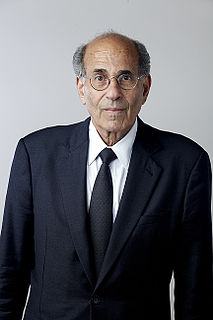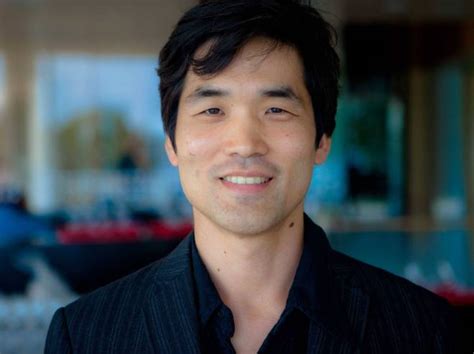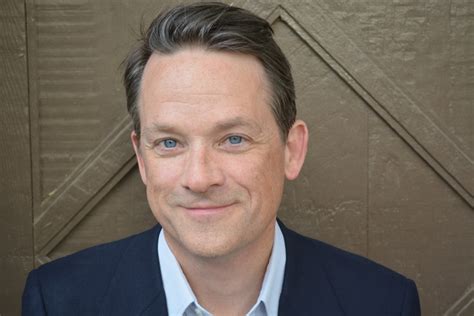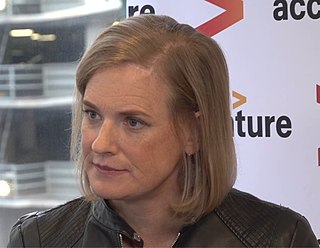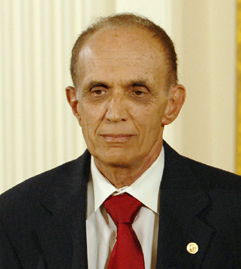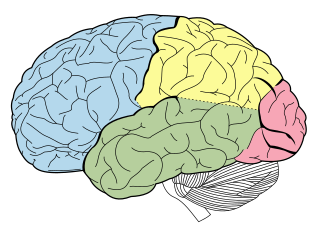Top 133 Neural Quotes & Sayings
Explore popular Neural quotes.
Last updated on April 16, 2025.
One can, in principle, outline sort of a set of neural circuits that are critically involved and even identify disorders that affect different components of that neural circuit and see what happens if you knock out, for example, inability to recognize faces, how it affects your response to portraiture.
We have no proper understanding of the relationship between conscious thought and conscious sensation. The various forms of thought and sensation are underpinned by very different neural mechanisms; so how can the neural correlate of their conscious natures be the same? I don't think we are yet in a position to make such speculations. To make progress, we have to have a good conception of the phenomenology of consciousness, among other things.
The important thing to know about playing to win and playing not to lose is that there are actually different neural networks that are being used. It's not very easy to do both at the same time and, if you are trying to have a playing to win mentality, you're going for it, there's some things that trip you up or trigger the wrong neural network. If you start worrying about your mistakes all of a sudden, if you get too focused on the facts and the details, these are going to shift your neural networks and sort of screw up your strategy.
The first attempts to consider the behavior of so-called "random neural nets" in a systematic way have led to a series of problems concerned with relations between the "structure" and the "function" of such nets. The "structure" of a random net is not a clearly defined topological manifold such as could be used to describe a circuit with explicitly given connections. In a random neural net, one does not speak of "this" neuron synapsing on "that" one, but rather in terms of tendencies and probabilities associated with points or regions in the net.














